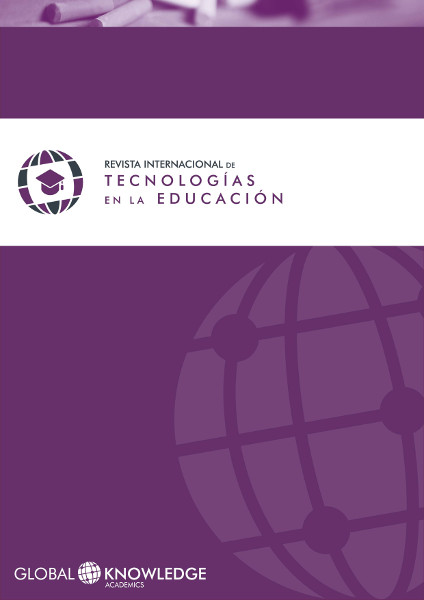The MOOC as a new Phenomenon in Digital Learning
DOI:
https://doi.org/10.37467/gka-revedutech.v4.520Keywords:
Ubiquitous Learning Keyword, Aprendizaje en línea, MOOC, Massive Open Online Courses, E-learningAbstract
Technology has revolutionized many aspects of our life and our daily life. It has changed the way we communicate, express and even learn. The MOOCs are helping in this revolution. This new methodology is changing the education and specifically, higher education. MOOC is the acronym formed from the words Massive Open Online Courses.
Global Statistics ℹ️
|
405
Views
|
189
Downloads
|
|
594
Total
|
|
References
Cope, B. & Kalantzis, M. (2009). Aprendizaje ubicuo. Champaign, Estados Unidos: University of Illinois Press.
Johnson, L. A. (2013). NMC Horizon Report: Edición sobre Educación Superior. Austin, Estados Unidoss: The New Media Consortium.
Johnstone, S. M. (Enero de 2005). Open Educational Resources Serve the World. Recuperado el 25 de octubre de 2014, de http://www.educause.edu/ero/article/open-educational-resources-serve-world
Koller, D. (Junio de 2012). What we're learning from online education. TEDGlobal Conference.
Krüger, K. (2006). El concepto de “Sociedad del conocimiento”. Revista Bibliográfica de Geografía y Ciencias Sociales, 11(683).
Osuna, S. (2007). Configuración y Gestión de Plataformas Digitales. Madrid, España: UNED.
Siemens, G. (12 de Diciembre de 2004). Conectivismo: Una teoría de aprendizaje para la era digital. International Journal of Instructional Technology and Distance Learning, 2(1).
Downloads
Published
How to Cite
Issue
Section
License
Those authors who publish in this journal accept the following terms:
- Authors will keep the moral right of the work and they will transfer the commercial rights.
- After 1 year from publication, the work shall thereafter be open access online on our website, but will retain copyright.
- In the event that the authors wish to assign an Creative Commons (CC) license, they may request it by writing to publishing@eagora.org







